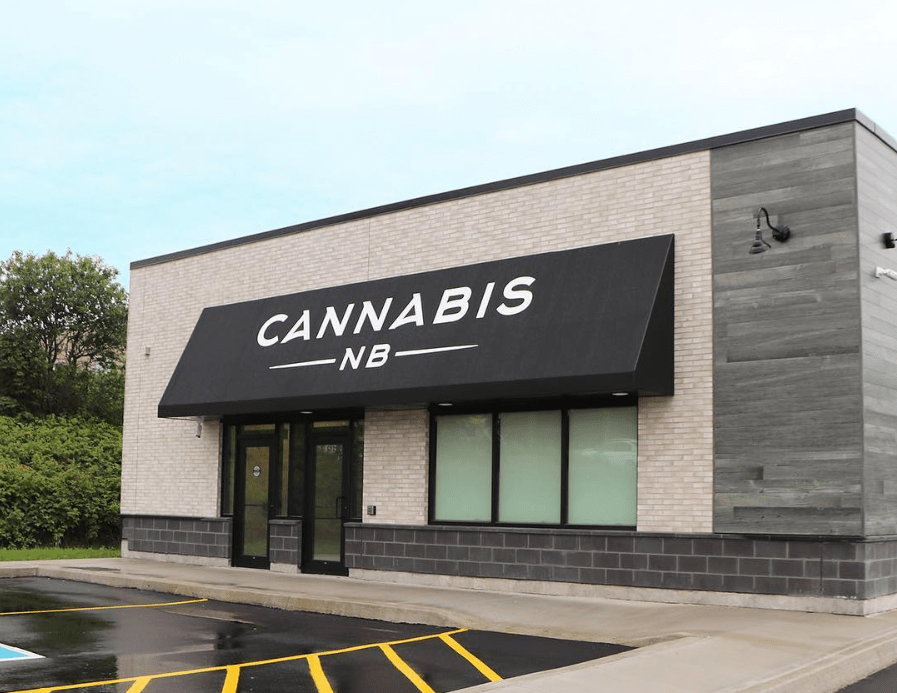The volume of beer sold in Canada declined 3% in the first 11 months of 2019 compared to the same period in 2018, according to new data from provincial alcohol boards and brewers.
The figure underscores how recreational cannabis has captured some of the beer market – and validates concerns among Canadian brewers who long feared the impact of adult-use marijuana on their sales.
According to Beer Canada, 19.57 million hectoliters (hL) of domestic and imported beer was sold in Canada in 2019 through November, down from 20.18 million hL over the same time period a year earlier.
In a note to investors, Cowen analyst Vivien Azer said the 3% drop in beer sales is far worse than the trends seen between 2014 and 2018, when beer sales volume declined an average 0.3% annually.
Last year saw the biggest domestic beer decline in at least six years, but that was only partially offset by a small increase in imported beer sales by volume, Azer noted.
“I think it’s clear there’s some impact (of legal cannabis on beer) given how considerable the drop-off has been this year,” the Wall Street analyst told Marijuana Business Daily.
Rise in cannabis sales a concern
Cannabis sales in Canada got off to a slow start in October 2018 but have improved with increased product selections across most price points, more consistent inventory and ramped-up store openings in key markets.
From October 2018 through September 2019, just over 900 million Canadian dollars ($691 million) worth of cannabis products were sold across the country.
“This new data should concern beer makers,” said Paul Pedersen, CEO of Vancouver, British Columbia-based extraction firm Nextleaf Solutions.
The trend in Canada reflects similar challenges for American brewers located in markets that also offer regulated adult-use cannabis.
Pedersen expects to see more beverage and alcohol companies explore opportunities in regulated cannabis markets.
“It’s a big reason why OILS (the company’s ticker symbol on the Canadian Securities Exchange) has been focused on developing and protecting intellectual property around the extraction and distillation of cannabinoids,” he said.
Beer companies making moves
Prompted by both the fear of cannibalization and enticement of new revenue streams, some alcohol companies made an early push into legal cannabis.
The biggest was global liquor company Constellation Brands’ multibillion-dollar investment in Canopy Growth in 2018.
Other cross-sector deals include:
- Budweiser maker AB InBev’s partnership with British Columbia’s Tilray.
- Moosehead’s collaboration with B.C.’s Sproutly Canada.
- Molson’s joint venture with Ontario-based Hexo.
Khurram Malik, CEO of Toronto-headquartered cannabis firm Biome Grow, said brewers see the competitive threat from marijuana.
“This is why alcoholic giants have swooped in during recent years to buy/invest in cannabis companies,” he said.
More data can only help the trend of cross-sector investments, as alcohol companies sit on the sidelines awaiting additional validation and opportunities.
“The next big wave is consumer packaged companies once Cannabis 2.0 brands gain some traction,” Malik said.
Infused cannabis products started trickling into the Canadian market in December, but wider distribution isn’t expected until later this quarter.
Lisa Campbell, CEO of Mercari Agency, a Toronto-based cannabis consultancy, noted that hurdles stand in the way of beer companies looking to capitalize on cannabis beverages – especially regulatory barriers.
For example, beer makers are unable to produce cannabis beverages unless they build out a separate facility – or partner with someone who already has a separate facility.
That adds significant cost and limits synergy.
Many cannabis beverage joint ventures with some of the biggest brewers have yet to launch a product despite such products being legal, she said.
“The ban of alcohol branding and nomenclature means beer brands can’t capitalize on their existing brands to gain cannabis market share.”
Matt Lamers is Marijuana Business Daily’s international editor, based near Toronto. He can be reached at mattl@mjbizdaily.com.







